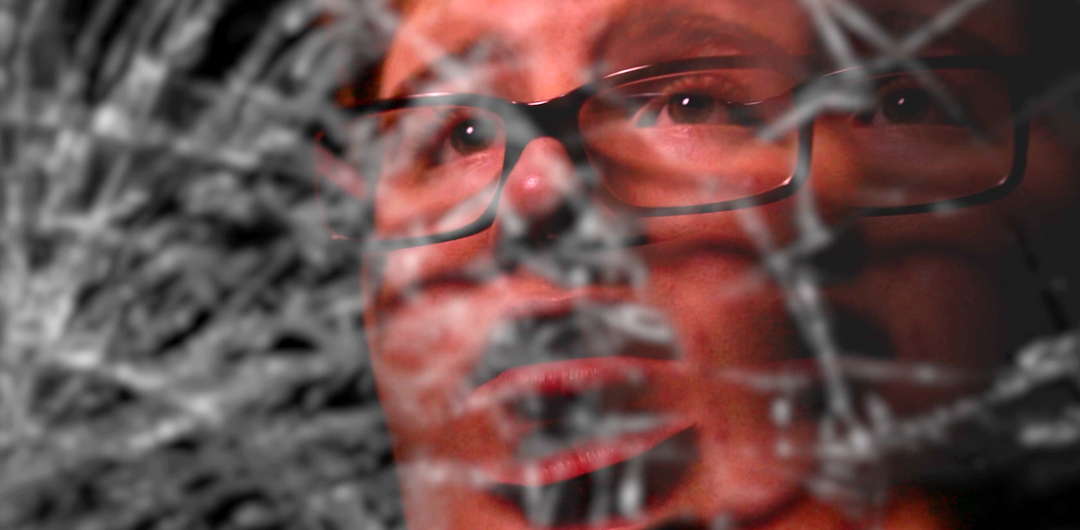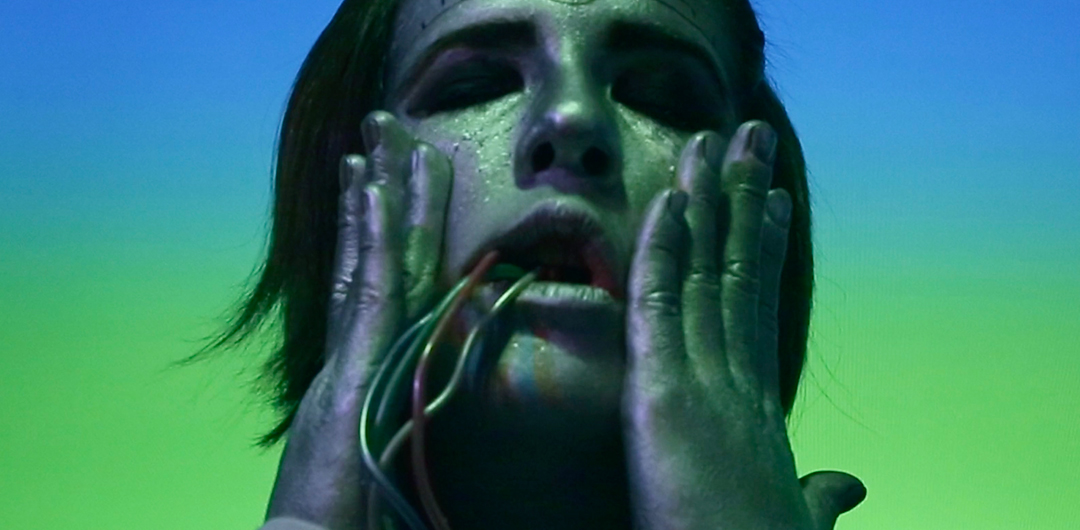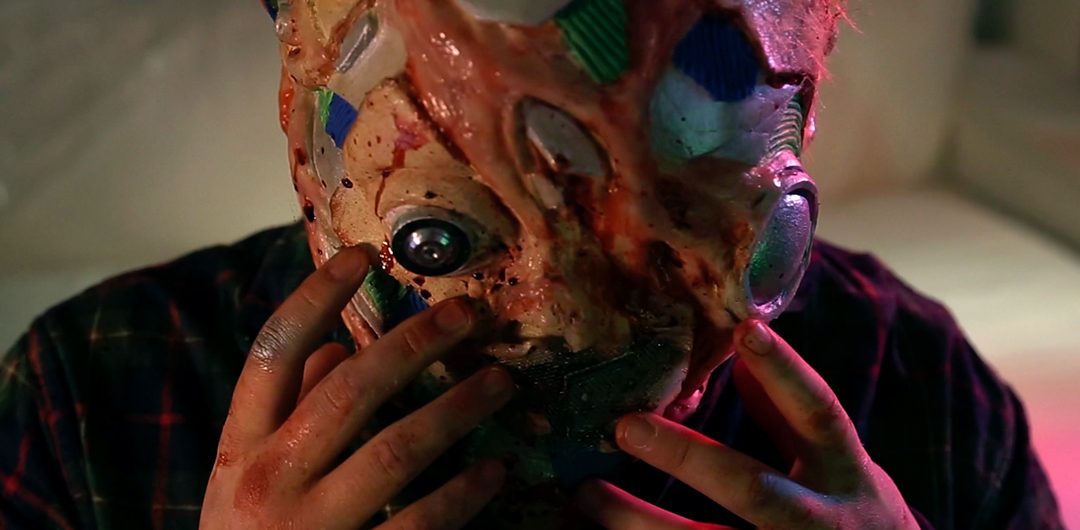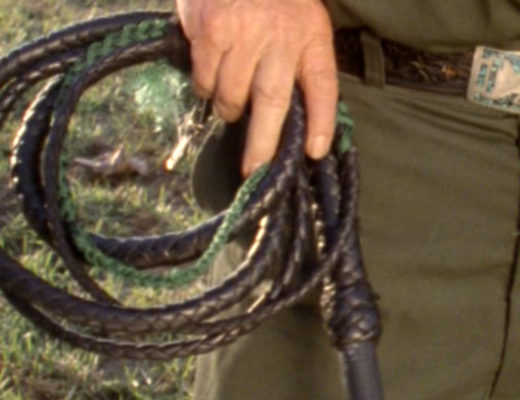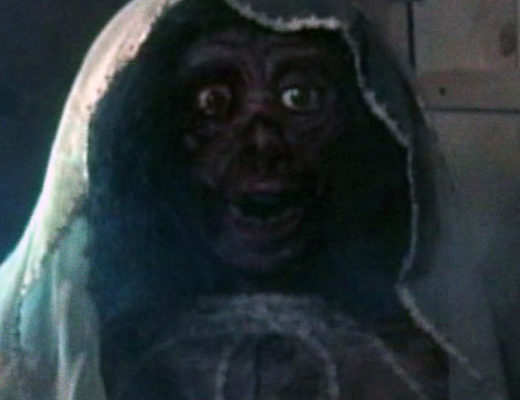At some point, every generation inevitably feels that all the good stories have been told and there’s nothing left to say. It makes sense, especially in the 21st century. The more options we have in terms of accessibility, the more difficult it can be to find movies, music, and art that descramble our perceptions and allow us to view the world with fresh eyes.
Computer Hearts is the 40-minute debut movie from CyberCraft Video, a queer-powered film production company founded by Louise Weard and Dionne Copland. Described as “transgender body horror” by Weard, the film features credits like “Slime Mixer” and “Vagina Wrangler.”
Long live the new flesh.
Albert (Weard) and Vanessa are having problems. Newly engaged, the couple’s future is at a standstill because Albert is obsessed with “work” (aka secretly hanging out on a fetish site and chatting with a manga-styled A.I. also named Vanessa). After some arguments and the accidental destruction of Albert’s laptop, real-life Vanessa escapes their cramped apartment for good. This frees Albert to fall into a downward spiral of alcohol, jury-rigged computers, and sexually distorted nightmares. All of this suits A.I. Vanessa just fine, since she’ll do anything for Albert—including transforming his computer into a literal fuck machine with a taste for murder.
Computer Hearts explores similar themes as Jane Schoenbrun’s later We’re All Going to the World’s Fair. Both films are intimate, experimental mood pieces that filter the horror of gender dysphoria through the veil of Internet obsession. But where World’s Fair relied on a ghostly, muted subtext to carry us through, Computer Hearts drops us into a grotesque anxiety zone. Writer-director Weard paints with hues of Shinya Tsukamoto’s Tetsuo: The Iron Man (a bathtub masturbation scene substitutes a plumbing tube for a penis while lo-fi industrial blasts on the soundtrack) and David Cronenberg’s Videodrome (the screen as sexual fulfillment). But the imagery is appropriated to tell a deeply personal story—one that could only be told by a transgender filmmaker. That’s what makes this movie feel so triumphant and alive. It’s a bold DIY night terror that leaves an inferno of raw emotions in its wake for the filmmaker and audience. And also the apartment that was destroyed by the pink slime and dismembered appendages.
It’s one thing to find catharsis through the creation of art. But it’s another thing entirely for that art to connect with humans who are not the artist or their friends. Computer Hearts places the message first, but does so within the context of a violent body horror odyssey. The movie drips with multicolored neon and glitchy synthesizers. The outrageous gore effects by Michelle Grady are more Basket Case than The Fly, which is to say that they’re perfect. The editing is tight and the quiet/loud dynamics keep us unsteady, like we’re walking a tightrope over Times Square in the middle of winter. For a movie that was made for pennies and features a total of three people onscreen, Computer Hearts is a thoroughly satisfying experience. It proves that there will always be more stories to be told, as long as we’re willing to listen.
